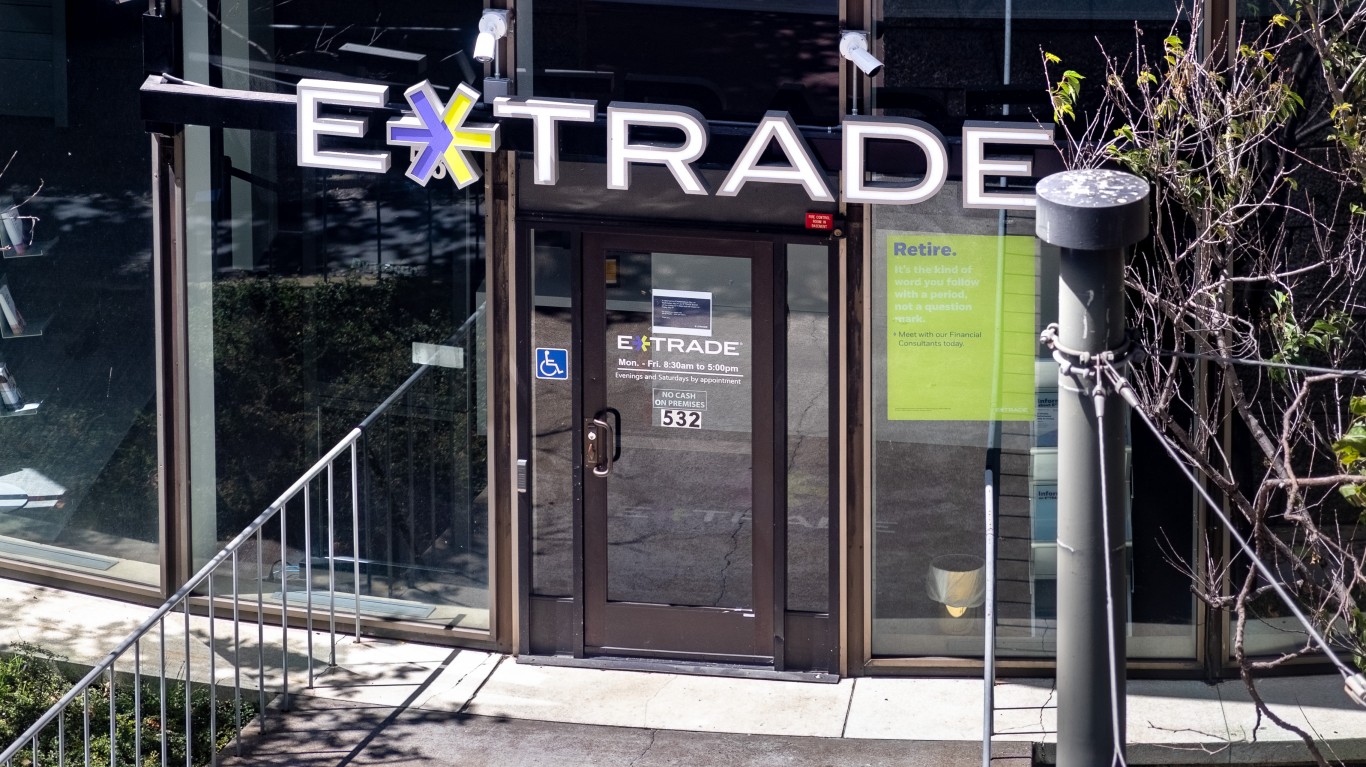CPI Card Group has filed an amended S-1 form with the U.S. Securities and Exchange Commission (SEC) for its initial public offering (IPO). The company lowered its expected price range to $12 to $13 from the previous range of $16 to $18/ From the median price in each range this is a drop of 26.5%. Source: Thinkstock
Source: Thinkstock
The offering is for a total of 16 million shares, of which 3.78 million are being sold by the selling stockholders. There is also an overallotment option of 2.4 million shares. At the maximum price of this new expected range, the entire offering is valued up to $239.2 million.
The underwriters for the offering are BMO Capital Markets, Goldman Sachs, CIBC, Baird, William Blair, Raymond James, Scotia Bank and GMP Securities. The company plans to list on the Nasdaq Global Select Market under the symbol PMTS.
This company is a leading provider of comprehensive financial payment card solutions in North America. Essentially CPI deals with credit, debit and prepaid debit cards issued on the networks of the payment card brands (Visa, MasterCard, American Express and Discover) and Interac (in Canada).
In 2014, CPI produced over 360 million financial payment cards, provided integrated card services to over 3,200 card-issuing banks and prepaid debit card issuers and personalized more than 130 million financial payment cards.
ALSO READ: 7 Fresh Analyst Stock Picks With Massive Upside
The primary customers are leading national and regional banks, independent community banks, credit unions, managers of prepaid debit programs, group service providers and card processors. CPI serves a diverse set of over 4,000 direct and indirect customers, including many of the largest North American issuers of debit and credit cards, such as JPMorgan Chase, Bank of America, American Express and Wells Fargo; the largest global managers of Prepaid Debit Card programs, including InComm, Green Dot, Blackhawk Network and American Express; and thousands of independent community banks, credit unions, group service providers and card processors.
In the filing the company detailed its finances as follows:
For the LTM [last twelve months] Period, we generated net sales of $338.1 million, net income from continuing operations of $30.5 million and Adjusted EBITDA of $81.5 million, representing net income from continuing operations and Adjusted EBITDA margins of 9.0% and 24.1%, respectively. For the year ended December 31, 2014, we generated $261.0 million of net sales, which represented an increase of 32.9% as compared to the prior year, $16.0 million of net income from continuing operations, which represented an increase of 42.6% as compared to the prior year, and $54.2 million of Adjusted EBITDA, which represented an increase of 41.3% as compared to the prior year, and net income from continuing operations and Adjusted EBITDA margins of 6.1% and 20.8%, respectively.
The company intends to use the net proceeds from the offering to repay its indebtedness and for general corporate purposes.
ALSO READ: Merrill Lynch Gets Nervous: Buy Only High-Quality Stocks Now
Essential Tips for Investing: Sponsored
A financial advisor can help you understand the advantages and disadvantages of investment properties. Finding a qualified financial advisor doesn’t have to be hard. SmartAsset’s free tool matches you with up to three financial advisors who serve your area, and you can interview your advisor matches at no cost to decide which one is right for you. If you’re ready to find an advisor who can help you achieve your financial goals, get started now.
Investing in real estate can diversify your portfolio. But expanding your horizons may add additional costs. If you’re an investor looking to minimize expenses, consider checking out online brokerages. They often offer low investment fees, helping you maximize your profit.
Thank you for reading! Have some feedback for us?
Contact the 24/7 Wall St. editorial team.



